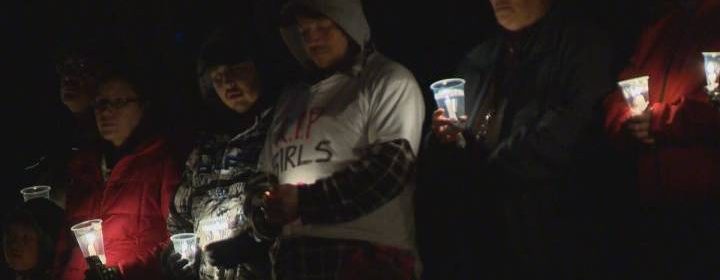Saskatchewan government introduces ‘Pillars for Life’ suicide prevention plan

The Saskatchewan government has introduced a plan to prevent suicides in the province, though one key group wants more consultation.
The Pillars for Life plan includes $1.2 million this fiscal year for measures including expanding mental health first aid and training, conducting research and delivering a public awareness campaign aimed at youth in northern Saskatchewan.
“Honestly, if we can save one person from suicide, this plan is a success,” said Rural and Remote Health Minister Warren Kaeding.
The document also states it will ensure the Saskatchewan Health Authority implements all eight recommendations of the Provincial Auditor’s Report from 2019, which examines suicide.
The plan comes after a scan of Canadian provinces and territories to determine best practices across the country. The approach includes five pillars, each of which has first-year and long-term objectives.
“We’ve talked to psychiatrists. We’ve talked to experts in the field,” Kaeding said.
“Honestly, this continues to be an open door for better engagement for everyone as we go through this.”
The document states it considered “local voices”, including the auditor, Saskatchewan Advocate for Children and Youth and the Federation of Sovereign Indigenous Nations (FSIN). The FSIN developed a framework for a strategy in 2017.
According to a statement from the Ministry of Health, Kaeding had a conversation with Vice-chief David Pratt earlier this week about the plan. Pillars for Life calls for engagement with the FSIN, along with other First Nations and Metis leadership as work progresses, the statement reads.
In December, the federal government committed $2.5 million to the FSIN for a First Nations suicide strategy. A committee of chiefs determined the funding would flow directly Saskatchewan First Nations on a per capita basis, according to Bear.
She said any approach must fully understand First Nations people. Just last week, she said two men died by suicide in one night at her home community of Ochapowace Nation, about 160 kilometres east of Regina.
In 2019, Ochapowace raised concerns about a rash of suicides among its members, as did Makwa Sahgaiehcan First Nation. The community 360 kilometres northwest of Saskatoon had three suicides in three weeks.
Saskatchewan’s opposition New Democrats introduced a suicide prevention bill in 2018, but it never passed. Leader Ryan Meili said the newest effort needs to be the first step of a functional and high-quality strategy.
About 144 people die by suicide each year in the province, according to data from the Saskatchewan Coroners Service.
If you or someone you know is in crisis and needs help, resources are available. In case of an emergency, please call 911 for immediate help.
The Canadian Association for Suicide Prevention, Depression Hurts and Kids Help Phone 1-800-668-6868 all offer ways of getting help if you, or someone you know, may be suffering from mental health issues.
Source: Read Full Article
